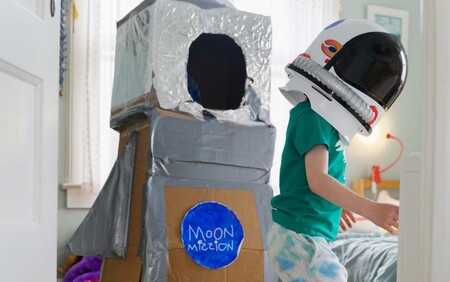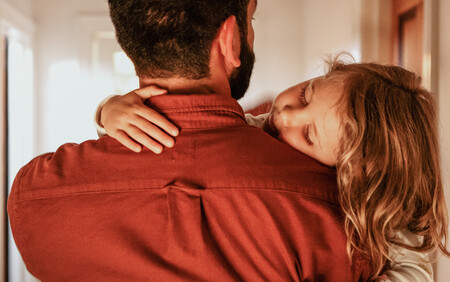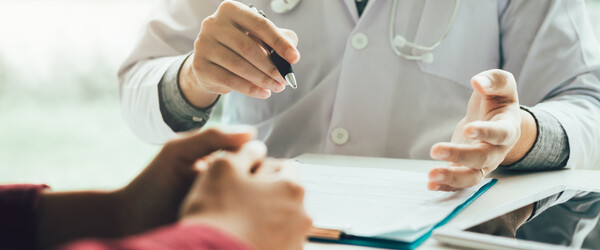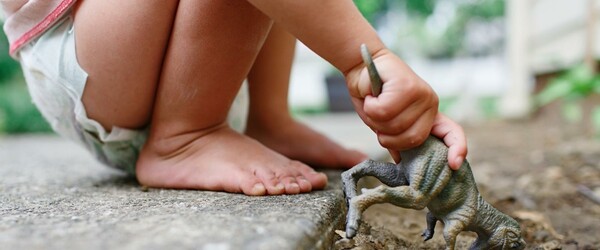Become a sperm donor
Thousands of Australians need help becoming parents. Your donation can change lives.
There are many people out there who need help to start a family, and you could be carrying something special to make that happen. Sperm donation gives people the chance to experience parenthood when they otherwise might not be able to.
Life. Pass it on.

Why donate?
You want to pass on something life changing.
Becoming a sperm donor is one of the noblest things you can do. There are many reasons people decide to donate, including:
- Wanting to make a difference that will last a lifetime
- Knowing someone personally who has struggled with infertility
- Remembering the joys of childhood, and wanting to pass it on.
- Knowing the joys of having a child, and wanting others to experience that too

Who am I helping?
Many people need donor sperm to achieve their dreams of parenthood. They might include:
- single women
- women in same-sex relationships
- couples experiencing infertility
- men experiencing male infertility
- transgender or gender-diverse people
Who can donate?
If you’re a healthy man aged between 21 and 44, and you’re willing to donate altruistically (without payment), we’d love to hear from you.
We know that this is a big decision to make. Take the time to read our FAQ’s and step-by-step guide below to understand what’s involved with donating.
We cover everything you need to know about the requirements for being a donor, the legislation and more.
What’s the process for becoming a donor?
There are a few steps involved prior to donating, including counselling, medical screening, and semen analysis. At Queensland Fertility Group, we have a dedicated and experienced donor team who provide guidance and support throughout the entire process.
You are important to us. And we want you to feel informed, empowered and supported throughout every stage.
Here’s how it works, step by step.
Ready to become a sperm donor? Get in touch.
FAQ's
Can I be an anonymous sperm donor?
Your identity will only ever be available to children born through the use of your sperm – and will only be given out if they request it once they turn 18 years old.
Queensland Fertility Group keeps separate records of donors, recipients and successful births purely for the medical protection of both the donors and any children arising from use of donated sperm. In Queensland, unlike some other states, it is not accessible to any other parties, or subject to disclosure to any Government agency.
Can I be paid to be a sperm donor?
In Australia, it’s illegal to take payment for any human tissue, including sperm. However, you can be reimbursed for reasonable expenses you incur throughout the process of donating sperm, such as parking, travel, and medical expenses.
What information will be shared about me to intending parents?
Will I be told if a child is born from my donated sperm?
On request you can find out how many children have been born from your donation including gender and year of birth.






